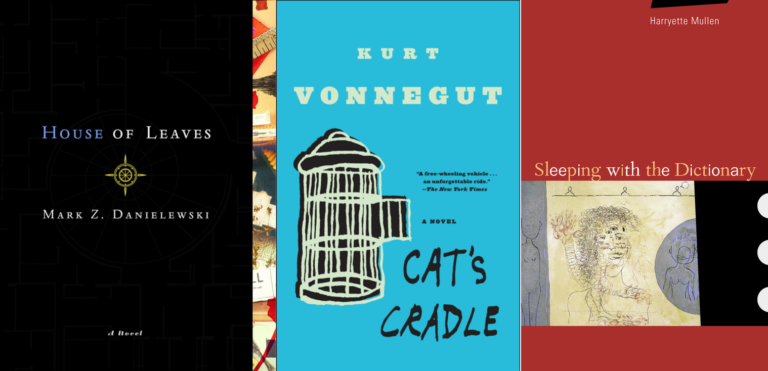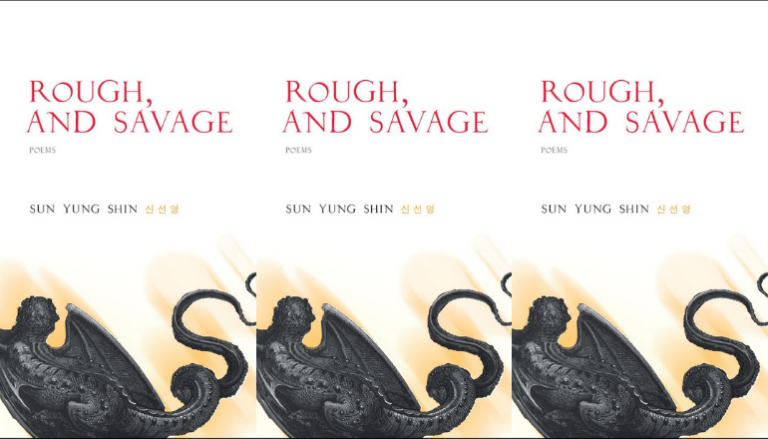The Ploughshares Round-Down: What NYC Editors Say They’re Looking For
What do editors really want? Why are they putting one thing in the rejection pile and preparing for an auction for another? The difficulty in answering these questions is that every editor opens every proposal the same way you open presents from relatives: with hope but trepidation. They never know when it’s going to be great, but great is exactly what they’re looking for.
Whenever I come back from a lunch with a book editor, my agency colleagues always ask, “What are they looking for over there these days?” You may not have a series of lunches like agents get, but you do have this piece by Andrew Lownie, an agent in the UK who puts up a post on his website every once in a while with commentary from a number of U.S. editors on what they’re looking for. He does it as a service for his clients, but lots of agents and editors read it, too.
You might think that means anybody with a reality TV show or 100,000 Twitter follows. You might have been told New York book editors are looking for a fresh voice, trendy topic, or hot genre. A tight plot and great characters are always good. But if you look at Lownie’s piece, none of those things come up. In fact, it’s clear from how often they mention it that all editors have one specific attribute they’re looking for… The fifteen editors Lownie talks to here range from admired veterans to hungry newcomers, from big spenders to those that stick closer to $25,000—and they work in both fiction and nonfiction. Much of what they say is obvious: they like good books in the areas they’ve been assigned, especially if those books are the kinds of book their house knows how to sell.
The One Thing Every Editor Wants
John Parsley, of Little Brown, says something rather amazing: “I love definitive stories.” That’s one of the best sentences I’ve seen about what EVERYONE is looking for in a book. I might get a tattoo of it. (Okay, a screensaver.) It’s also a pretty good description of what he buys: he regularly signs up a book that can’t be topped, by the writer most likely to achieve that.
Sometimes that’s a memoir about being a closer, by the greatest closer of all time; or what it’s like to go into space, by the most charismatic astronaut ever. Still, Parsley doesn’t just throw money at sure-thing bestsellers. He will also go after someone writing the most amazing book about a less well-known niche. He’ll pay hundreds of thousands of dollars when he has to, but he’s been known to buy lots of smaller books that turn out great as well.
He’s looking for a writer to tell a story—a story with a beginning, middle and end—that defines (or really, redefines) an important or interesting topic. So if your goal is to contribute to the conversation, or expand a bit on what another author has done, or add a little twist to a current trend, John Parsley is probably not going to want your book.
And if you go back through all these other editors, you’ll see most of them have the same dream. It doesn’t matter if they edit detective novels or popular science; they want a writer who is stretching herself, taking aim at the barely possible. Notice phrases like this:
- “a new perspective on a seemingly exhausted subject”
- “make me see the world in a new way”
- “very ambitious history is always welcome”
- “books that will change their readers”
- “big-idea books with a broad reach, but they are rare to come by”
- “we want to publish the books that change the field”
If you’re a writer preparing a manuscript or a proposal, ask yourself, is it ambitious enough? Are you writing a dinosaur erotica novel, or the book that all dinosaur erotica novels will be measured by? (Okay, I’m just kidding. The book all dinosaur erotica novels will be measured by already exists.)
What They Don’t Say
All of the books editors would love to see would be agented, and almost certainly by a first-time author—that’s a given. They also don’t bother mentioning what their house authors are working on, because they already have those books. It also goes without saying that the authors they want will have some sort of platform, and the execution will be good.
But they’re not asking simply for things that are well-done or interesting, because there’s no end to what they’re seeing that’s well done and interesting. They also assume that, in most cases, the author has some idea how to get the word out about this book.
A Few Other Tips
There’s some other great writing advice here, like Eamon Dolan noting that “Every book I publish is underpinned by an argument, whether overt or covert.” Think about that. Every book, including memoirs and literary fiction. Also, Michelle Howry says she’ll take a chance on a niche title if the audience is there. If your book is a little off the beaten path, that can be a good thing, as long as that path reads to a group of under-served readers.
Notice Peter Joseph saying: “I’m especially interested in novels with a speculative, fantastical, or unusual, hooky premise. ‘High concept,’ you might say.” That’s part of what ambitious can mean, something in the fifty word elevator pitch that says: this is something you haven’t seen before.
Editors Are People Too
One last thing. Look at how weirdly specific these editors’ dream books can be. It’s important to remember that while editors are often really smart and knowledgeable, they are not that different from you. All of these people are book nerds who feel as honored to work with their favorite authors as you would. Mostly, they just hope to find something so interesting that at least once this year they miss their subway stop because they were so involved in reading it.


